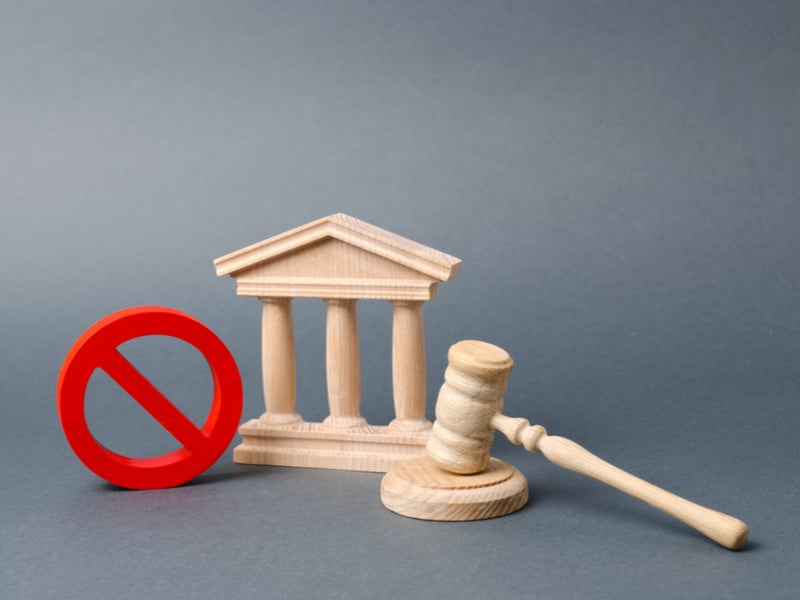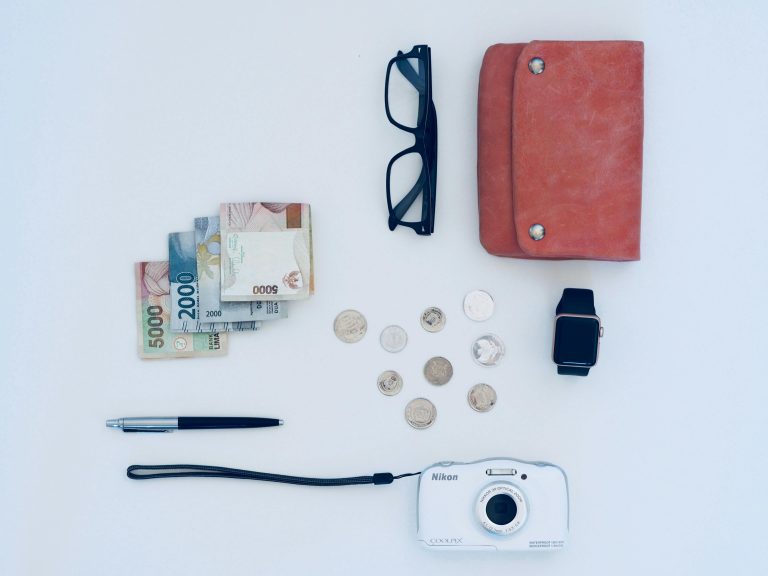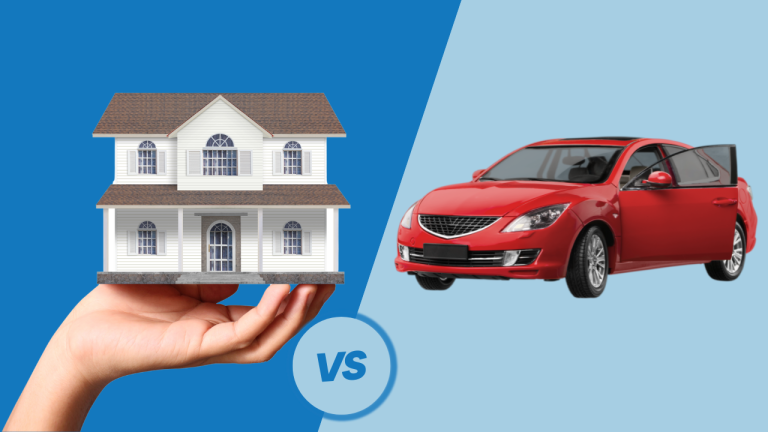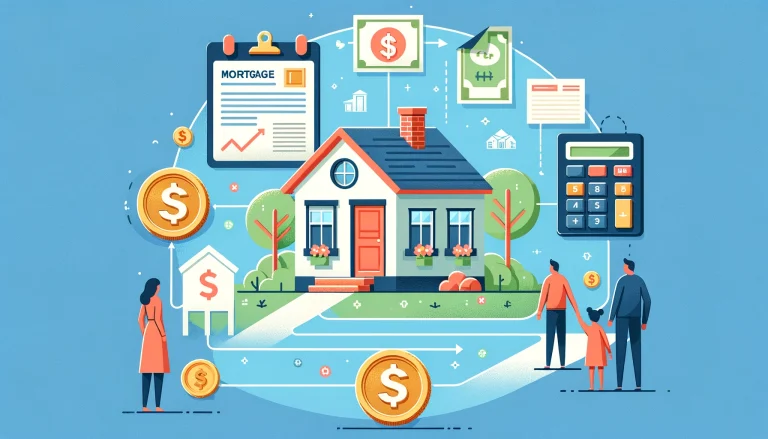There are now so many of the best ways to get out of debt. You now have numerous options and providers for debt assistance, so you can finally become debt-free.
Aside from practicing do-it-yourself methods, you may ask a credit counselor to help out. You may also use debt consolidation or settlement, or you may declare bankruptcy as an option of last resort.
Pay Off Debt Yourself
You could try paying your debts by yourself first with the trusted DIY techniques called debt snowball and avalanche. In a nutshell, they involve paying debts one-by-one while keeping minimum payments for other balances. What distinguishes them from each other is the order they proceed with debt payoff.
To perform the debt snowball way, you must take care of the smallest balances first. Despite its slow payoff, the small monthly payments may feel fulfilling enough to motivate your strategy further.
In contrast, the debt avalanche pays the largest balances first. Mathematically, it will complete balances faster, but you may feel you’re taking too long to save for just one balance.
You may learn more about the snowball and avalanche techniques on various free websites. Other resources may explain these strategies further and may have variations that fit your current situation. There may be other ways to debt freedom that suit you better, so keep an eye for those as well.
Enroll in a Debt Management Plan

Alternatively, there are ways on how to get out of debt involving outside assistance. There are companies that provide certain services to those who need assistance with their balances.
One of them is credit counseling agencies that provide short-term and long-term solutions to your financial situation. They assign credit counselors to their clients who will discuss possible debt solutions with clients.
You will be required to submit requirements such as credit reports that a credit counselor will analyze. Meanwhile, the representative will lay out various possibilities to resolve your debt problems.
The counselor may even recommend debt management programs to facilitate debt payoff. These include longer repayment plans with lighter monthly payments, so you have enough to complete them.
Moreover, DMPs usually have stringent rules which may limit the number of credit cards you’re using to just one for emergencies. While it could help you focus on payoff, some people find these rules rather restrictive.
More importantly, your creditor must approve of your debt management program first, or you may not use it. Remember also that DMPs have varying results, so success is not guaranteed.
Get a Debt Consolidation Loan
Did you know you can roll your debts into one then pay them with a loan? This is one of the ways to get out of debt referred to as debt consolidation. These usually come as personal loans that are intended to simplify debt payment. It replaces multiple balances with one that has a lower interest rate.
This way on how to get out of debt usually applies only to unsecured balances, those with no collateral backing. This is why this method is typically used for credit card debts. In fact, you may consolidate debts with balance transfer credit cards for a faster payoff. These typically have 0% APR for at least 18 months, so your payments can reduce balances directly.
Keep in mind that this method favors those with good credit scores. If you have poor credit, you may receive the highest interest rates and other unfavorable loan conditions.
As for balance transfer cards, you must make sure to complete all payments before the introductory period ends. Otherwise, you’ll be met with interest rates that may hinder payoff.
Enroll in a Debt Settlement Program

Debt settlement is an option for those with dire personal finances. They are provided by debt relief companies that may help reduce the amount you owe creditors. These agencies will negotiate on your behalf, so you can lower your debts. There are even ones specific to certain kinds, such as student loans.
Among the many debt reduction strategies, a settlement is discouraged for several reasons.
First, you will be required to ignore collections while negotiations are ongoing. You will instead direct your payments to an escrow account that will be used for the settled amount. This might take up to a year, and you’ll accrue mountainous penalties and interest not covered by the settlement.
Worse, settlement negotiations may fail, so you’ll end up with enormous deferred payments. The debt relief company will also charge a huge fee if they succeed. The amount of reduced debt may be considered taxable income, adding more to your payments.
The method leaves a lasting negative impact on your credit too, so try other ways on how to get out of debt before proceeding.
Refinance Your Mortgage
As a homeowner, you may refinance your mortgage to repay debts. It utilizes your home equity, derived from your house’s current value minus your existing mortgage.
Your lender may allow you to borrow a portion of that to pay your current mortgage. Afterward, the remaining amount can be extra money to pay for deferred balances.
While refinancing can provide much needed extra cash, it has disastrous risks. First, you may get foreclosed if you fail to complete payments on time since it holds your home as collateral. Then, you must understand all terms and conditions completely to avoid any unintended consequences.
You must also beware of fraudulent individuals posing as legitimate lenders.
Alternatively, you may choose either home equity loans or home equity lines of credit (HELOC). Unlike mortgage refi, home equity loans do not replace your mortgage. Rather, you may borrow up to 80% of your equity, depending on your lender.
On the other hand, HELOCs allow you to borrow from your equity, similar to a credit card, so it’s best for payments too small to justify taking out loans for.
Declare Bankruptcy

If all else fails, bankruptcy is the last resort method on how to get out of debt. Individuals may declare either Chapter 7 or Chapter 13 of the bankruptcy code. The former entails the assessment of your possessions to determine their value. Then, the bankruptcy court will use them to pay your debts off.
The latter is also referred to as reorganization, acting similarly to debt management plans. These involve revised debt repayment plans that you are legally obligated to complete.
While Chapter 7 may involve six months at most, Chapter 13 may take up to three to five years to accomplish. Still, the court will decide which type of bankruptcy applies to your situation.
For companies, they usually declare Chapter 11 or business organization. It involves restructuring your business, and even downsizing it the court deems it necessary. If it succeeds, your company may reemerge and continue with a fresh start. If not, it merely buys time before you ultimately shut down your business.
It’s dreaded by most because of several reasons. First, it leaves a negative mark on your credit report that lasts up to ten years. Also, the entire process can be long and excruciating, requiring the assistance of legal counsel and payment of required fees. Lastly, it can be quite intrusive, as bankruptcy courts will heavily scrutinize your finances.
Final Thoughts
Healthy money habits are the best ways on how to get out of debt. Save money and reduce spending, so you have enough for emergencies. Also, don’t take out car loans or borrow money unless absolutely necessary.
Together, all these habits will get you out of debt, maybe even forever!












